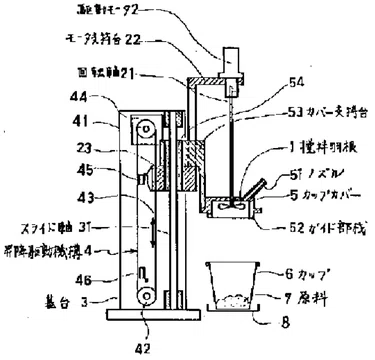Judge Andrews yesterday issued his opinion denying all post-trial motions in TQ Delta, LLC v. 2Wire, Inc., C.A. No. 13-1835-RGA (D. Del.). The jury had returned a verdict of infringement and no invalidity after a trial in January 2020.
One part of the opinion stands out—Judge Andrews discusses his decision to preclude the defendant from discussing the full prosecution history of the patent before the jury as prejudicial under FRE 403:
I ruled that 2Wire could elicit testimony about what prior art was in front of the patent examiner, but that testimony about a “lengthy history of cancelling claims, adding claims, rejecting claims, [and] rejecting new claims” was inadmissible under Federal Rule of Evidence 403 because “the fact that the claims were rejected a bunch of times or some claims were rejected a bunch of times before they were eventually issued, that’s prejudicial with no probative value at all.”
Judge Andrews re-affirmed that view, after further consideration and argument in post-trial motions:
I conclude that my evidentiary ruling was not in error. Lengthy testimony about the history of various amendments to the ’881 patent would have risked confusing the issues and would have had little or no probative value. Ultimately, 2Wire’s point was simply that the examiner might have failed to consider whether [one specific prior art reference] anticipated claims 17 and 18. 2Wire was able to elicit that testimony [from their expert]. Thus, even if my ruling was erroneous, it was harmless.
The case is set for a second trial on a second set of patents, scheduled for February 2021 after a voluntary delay related to COVID-19.
If you enjoyed this post, consider subscribing to receive free e-mail updates about new posts.






